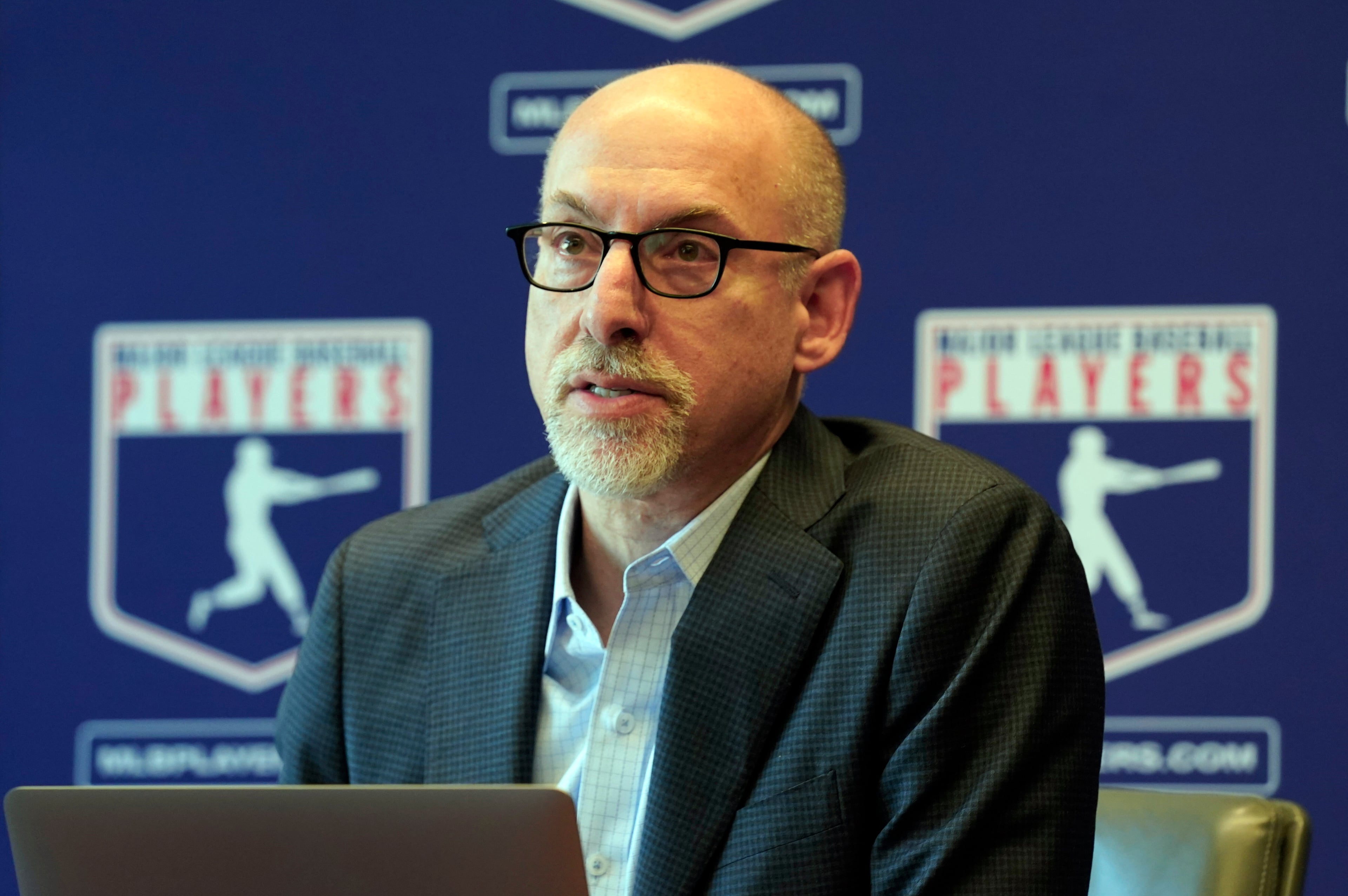Holmes lawyers again challenge death penalty
Lawyers for theater shooting suspect James Holmes launched another legal assault on Colorado’s death penalty laws Friday, arguing they don’t set clear standards and that they make it too hard for jurors to weigh mitigating factors.
They also complained that Arapahoe County District Judge Carlos A. Samour is ruling on defense motions too quickly and asked him to allow them to argue their points “fully and fairly.”
Holmes is accused of opening fire in a theater full of people watching a Batman movie in suburban Denver in July 2012, killing 12 and wounding 70. He pleaded not guilty by reason of insanity to multiple charges of murder and attempted murder. Prosecutors are seeking the death penalty.
In two motions totaling 32 pages of arguments, defense lawyers argued the death penalty law is unconstitutional and asked Samour to rule out execution for Holmes.
In addition to questioning the standards of the laws, the defense said the statutes allow fewer options for defendants to appeal the death penalty if they choose trial by jury than if they choose trial before a judge, without a jury.
If the judge were to agree, Holmes would face life in prison without possibility of parole if convicted, or an indefinite commitment to the state mental hospital if found not guilty by reason of insanity.
Prosecutors are sure to file strenuous arguments that the laws are constitutional. Samour’s decision is likely weeks away.
Samour rejected the defense’s previous attack on the death penalty law in May. Before Holmes entered his insanity plea, his lawyers argued the death penalty law could unfairly cripple their ability to mount an insanity defense.
With Holmes’ life literally at risk, his lawyers are pursuing multiple lines of defense as well as questioning some of Samour’s actions, to the judge’s obvious displeasure.
Samour has kept the case moving at a steady if not brisk pace, and one defense motion released Friday told Samour he has ruled too quickly on some defense motions — without a hearing, before prosecutors responded and without allowing the defense to reply to prosecution arguments.
The defense asked Samour to “refrain from issuing premature rulings.” Samour hasn’t ruled on the motion.
Earlier Friday, Samour denied a defense motion seeking the mental health records of prosecution witnesses, bluntly dismissing it as a “fishing expedition.”
Samour said Holmes’ lawyers don’t know whether any of the witnesses have received mental health treatment, whether any records of the treatments exist and whether the records are relevant to the trial.
“In other words, the defendant wants the court to approve a fishing expedition,” Samour wrote. “The court declines the invitation to do so.”
He also said Holmes’ lawyers have fought the release of Holmes’ own records on the grounds of psychiatrist-patient privilege.
Samour denied 12 defense motions that sought a raft of records, including tapes of police communications on the day of the shootings, all statements that victims and witnesses made to police and all prosecution records of communications with victims.
Samour granted a defense request for information on the credibility of prosecution witnesses, noting prosecutors didn’t submit any arguments opposing that motion.
Samour also granted a prosecution motion asking to inspect reports or statements that defense experts have made and ordering the defense to disclose the facts supporting defense experts’ opinions.

